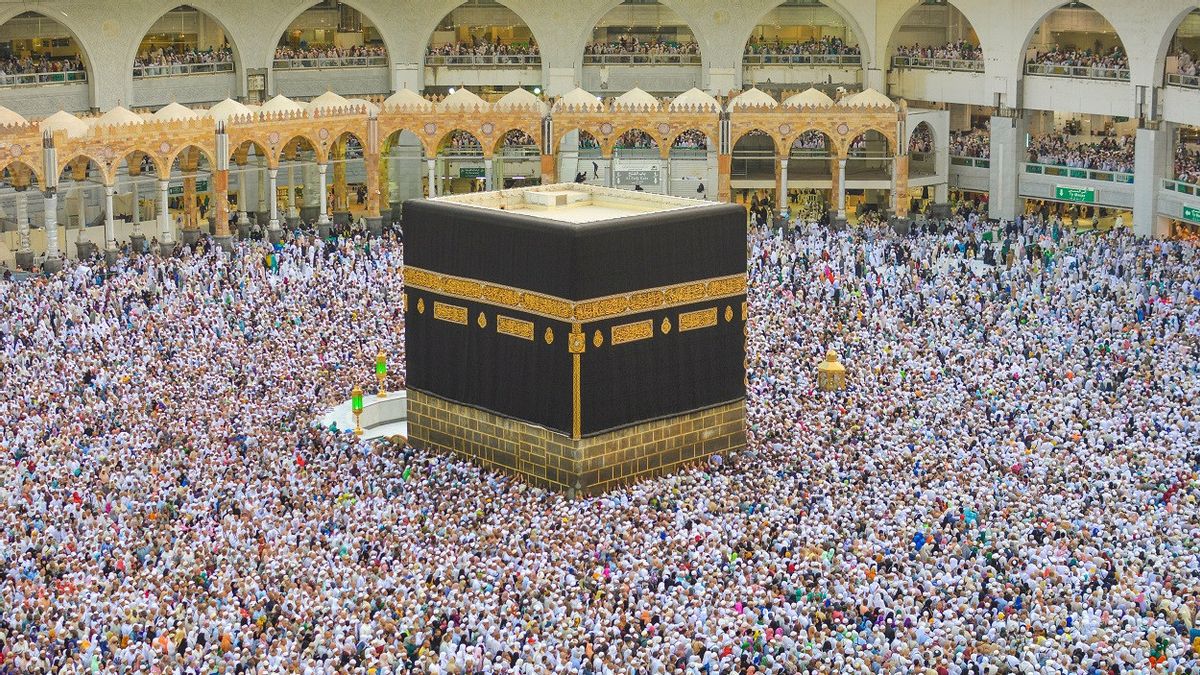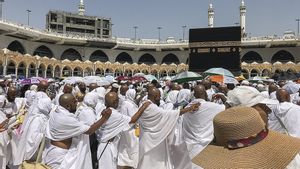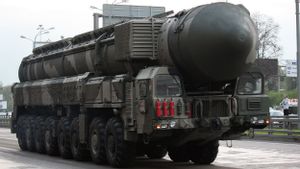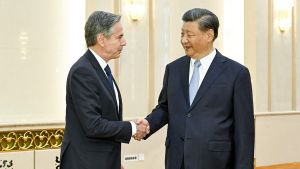JAKARTA - Israeli authorities on Monday said direct flights from the country to Saudi Arabia for the Hajj pilgrimage would not take place this year, discouraging prospects for a US-mediated normalization of relations with Riyadh in the near future.
Unlike the United Arab Emirates and Bahrain which have normalized relations with Israel, Saudi Arabia is still holding back saying the goals of Palestinian statehood must be tackled first.
However, Israeli and US officials expect Riyadh to grant permission to Israel's 18 percent Muslim minority to perform the pilgrimage this year.
However, Riyadh has never officially made such an offer. With the pilgrimage approaching - June 25 to July 2, while Israel's Transport Ministry reports no airlines have applied to run special flights to Saudi Arabia, a top aide to Prime Minister Benjamin Netanyahu admits that will not be the case.
"Maybe for the next Hajj we will be in a position to help in this regard, and the (direct) flight will depart from here," National Security Adviser Tzachi Hanegbi told Kan, as quoted by Reuters June 20.
"But it's too early to tell," he continued.
Previously, President Joe Biden's Administration had described Israeli-Saudi normalization as a US national security interest.
It is also a key foreign policy goal of PM Netanyahu, who returned to power in December as head of a right-wing government, pledging to close ranks with Arab countries that share Israel's concerns about Iran.
But Hanegbi, in a weekend newspaper interview, said normalization was "a long way off" because, he said, it would depend on the handling of tensions between Riyadh and Washington.
"Since we think the Saudi-US deal is a precursor to (Israel's) peace deal with Riyadh, we assess ... it will not have a great chance of being realized," Hanegbi told Israel Hayom.
SEE ALSO:
Separately, a source familiar with the matter said Riyadh wanted US support for its civilian nuclear program in exchange for normalization with Israel - which, for its part, has voiced skepticism of such a quid-pro-quo.
Meanwhile, US Secretary of State Antony Blinken while visiting Saudi Arabia on June 8 said Washington was continuing to pursue normalization "in the days, weeks, and months ahead".
Meanwhile, Israeli Foreign Minister Eli Cohen told Channel 14 he saw a window of opportunity for Washington to comply with Riyadh's demands for normalization by March 2024, after which time the US would be preoccupied with presidential elections.
The English, Chinese, Japanese, Arabic, and French versions are automatically generated by the AI. So there may still be inaccuracies in translating, please always see Indonesian as our main language. (system supported by DigitalSiber.id)
















